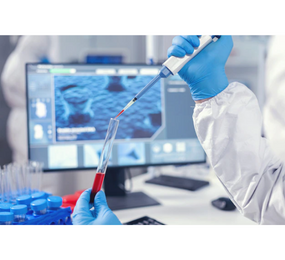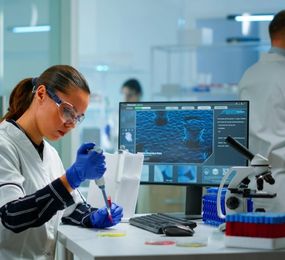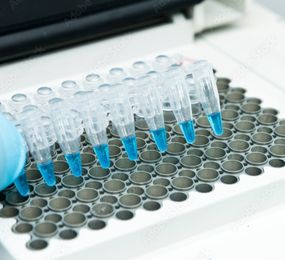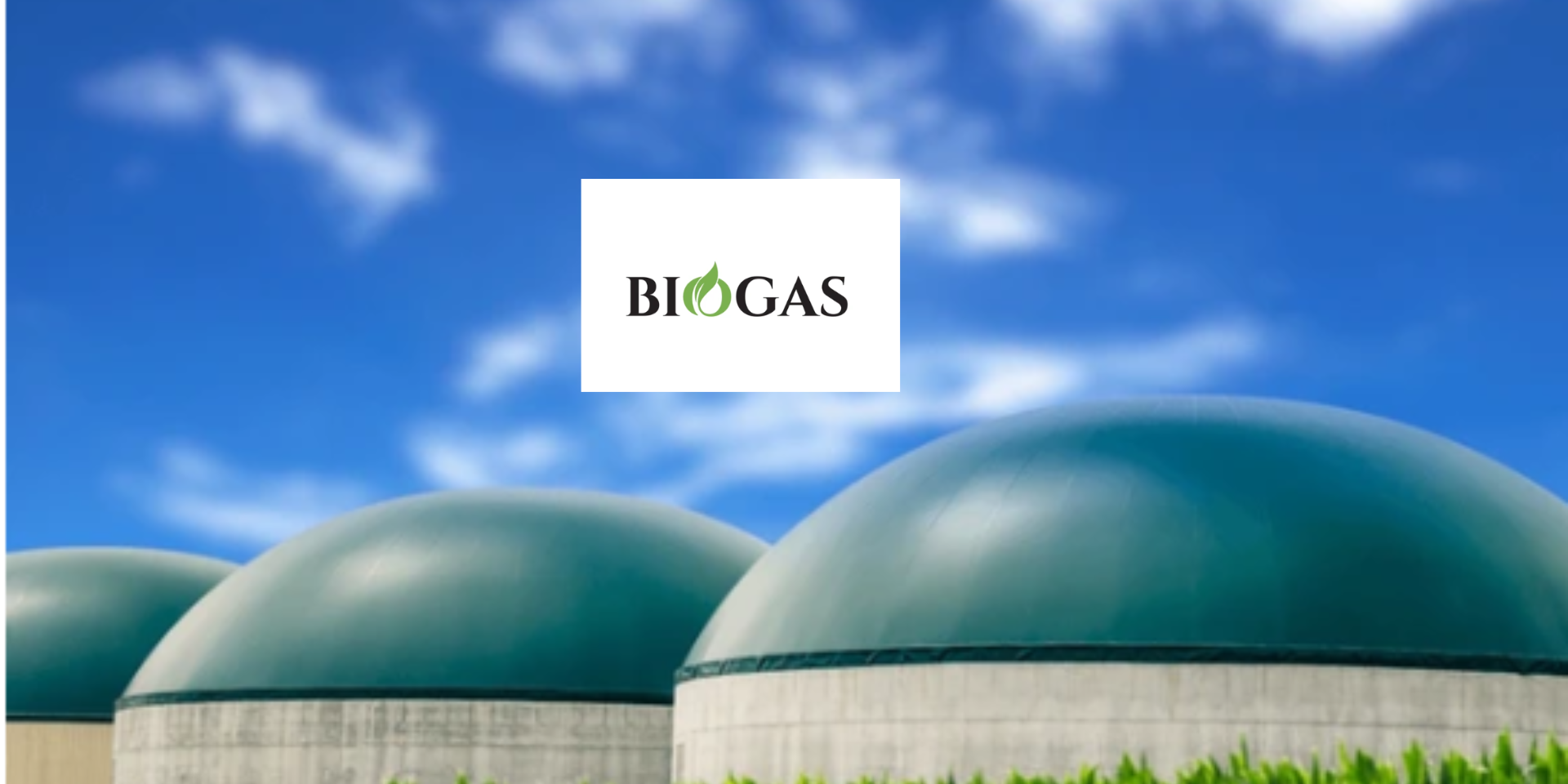The Environmental Impact of Bioprocessing: Toward Sustainable Biologics Production
The biopharmaceutical industry has revolutionized healthcare, but its production processes can have significant environmental implications.1 Bioprocessing, which involves cultivating living cells to produce therapeutic proteins, consumes substantial energy and water, generates waste, and releases greenhouse gases.2
To mitigate these impacts, the industry is increasingly focusing on sustainable bioprocessing.3 This involves implementing strategies to reduce energy consumption, minimize waste, and optimize resource usage.4 One key approach is process intensification, which aims to increase productivity while decreasing resource consumption. Advanced technologies such as continuous processing and perfusion culture can significantly improve process efficiency and reduce the environmental footprint.5
Another important aspect of sustainable bioprocessing is the use of renewable energy sources to power production facilities.6 By harnessing solar, wind, or hydro power, companies can reduce their reliance on fossil fuels and lower greenhouse gas emissions.7 Additionally, implementing energy-efficient equipment and optimizing operational procedures can further minimize energy consumption.
Furthermore, the industry is exploring innovative waste management strategies, such as recycling, composting, and anaerobic digestion. These methods can help reduce the volume of waste generated and recover valuable resources.8
By adopting sustainable practices, the biopharmaceutical industry can contribute to a greener future while ensuring the continued development of life-saving therapies.
Visit our website to know more: https://www.leadventgrp.com/events/2nd-annual-bioprocessing-and-biologics-forum/details
For more information and group participation, contact us: [email protected]
Leadvent Group - Industry Leading Events for Business Leaders!
www.leadventgrp.com| [email protected]
















